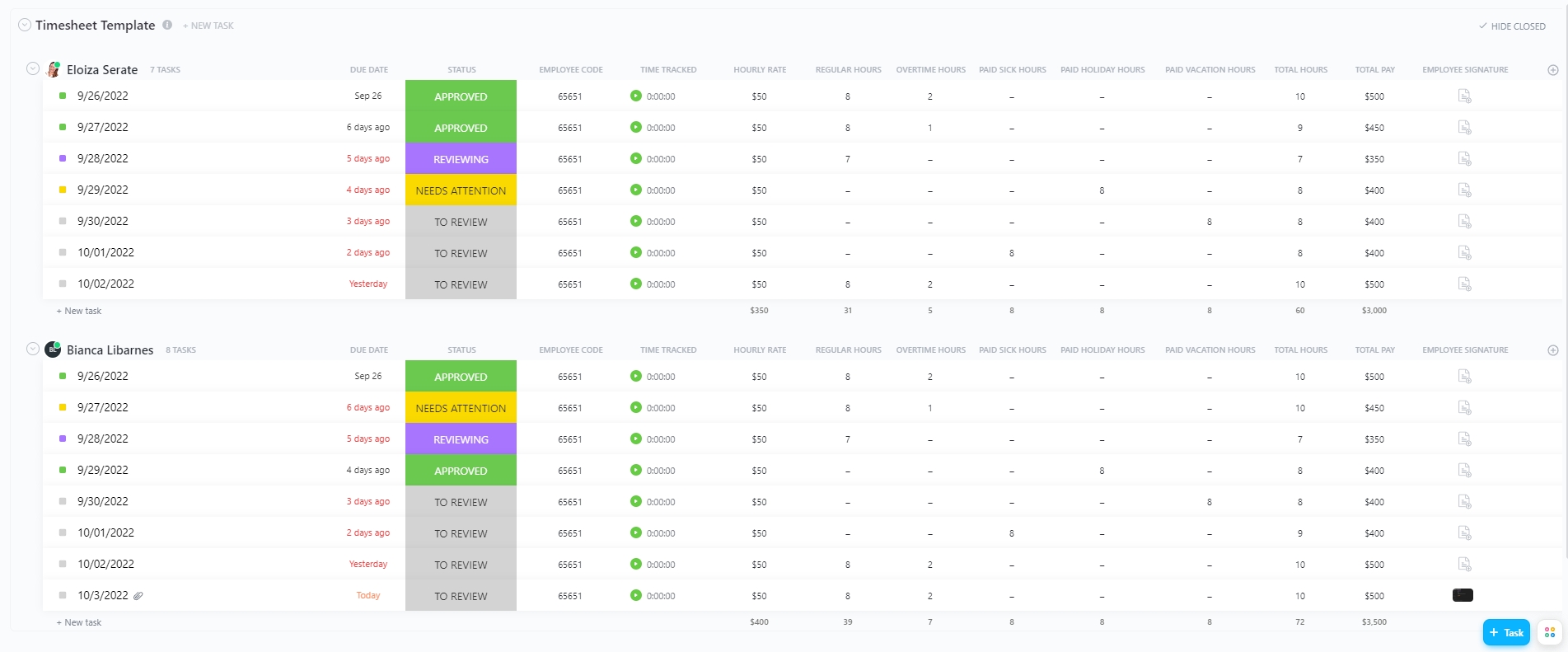OpenAI today debuted a new artificial intelligence agent, Codex, that can help developers write code and fix bugs.
The tool is available through a sidebar in ChatGPT’s interface. One button in the sidebar configures Codex to generate new code based on user instructions, while another allows it to answer questions about existing code. Prompt responses take between one and 30 minutes to generate based on the complexity of the request.
Codex is powered by a new AI model called codex-1. It’s a version of o3, OpenAI’s most capable reasoning model, that has been optimized for programming tasks.
The ChatGPT developer fine-tuned Codex by training it on a set of real-world coding tasks. Those tasks involved a range of software environments. A piece of software that runs well in one environment, such as a cloud platform, may not run as efficiently on a Linux server or a developer’s desktop, if at all. As a result, an AI model’s training dataset must include technical information about every environment that it will be expected to use.
OpenAI used reinforcement learning to train codex-1. It’s a way of developing AI models that relies on trial and error to boost output quality. When a neural network completes a task correctly, it’s given a virtual reward, while incorrect answers lead to penalties that encourage the algorithm to come up with a better approach.
In a series of coding tests carried out by OpenAI, Codex achieved an accuracy rate of 75%. That’s 5% better than the most capable, hardware-intensive version of o3. OpenAI’s first-generation reasoning model, o1, scored 11%.
Codex carries out coding tasks in isolated software containers that don’t have web access. According to OpenAI, the agent launches a separate container for each task. Developers can customize those development environments by uploading a text file called AGENTS.md. The file may describe what programs Codex should install, how AI-generated code should be tested for bugs and related details.
Using AGENTS.md, developers can ensure that the container in which Codex generates code is configured the same way as the production system on which the code will run. That reduces the need to modify the code before releasing it to production.
Developers can monitor Codex while it’s generating code. After the tool completes a task, it provides technical data that can be used to review each step of the workflow. It’s possible to request revisions if the code doesn’t meet project requirements.
OpenAI started rolling out Codex to ChatGPT today as a research preview. It will initially provide “generous access at no additional cost.” In a few weeks, OpenAI will switch Codex to lower rate limits with “flexible pricing options that let you purchase additional usage on-demand.”
The ChatGPT developer also plans to expand Codex’s feature set. One upcoming capability will allow users to provide the agent with instructions while it’s in the middle of a task. Additionally, OpenAI plans to integrate Codex with more developer tools.
One of the upcoming integrations will be for Codex CLI, an open-source application that OpenAI released last month. It’s an AI coding assistant that developers can install on their desktops and access from the command line. OpenAI debuted a new version of Codex CLI in conjunction with the release of Codex today.
The open-source assistant can now perform programming tasks using a model called Codex-mini. It’s based on the lightweight, hardware-efficient o4-mini reasoning model that OpenAI debuted last month. The update will enable Codex CLI to more quickly answer developer questions and generate code.
Image: OpenAI
Your vote of support is important to us and it helps us keep the content FREE.
One click below supports our mission to provide free, deep, and relevant content.
Join our community on YouTube
Join the community that includes more than 15,000 #CubeAlumni experts, including Amazon.com CEO Andy Jassy, Dell Technologies founder and CEO Michael Dell, Intel CEO Pat Gelsinger, and many more luminaries and experts.
THANK YOU








